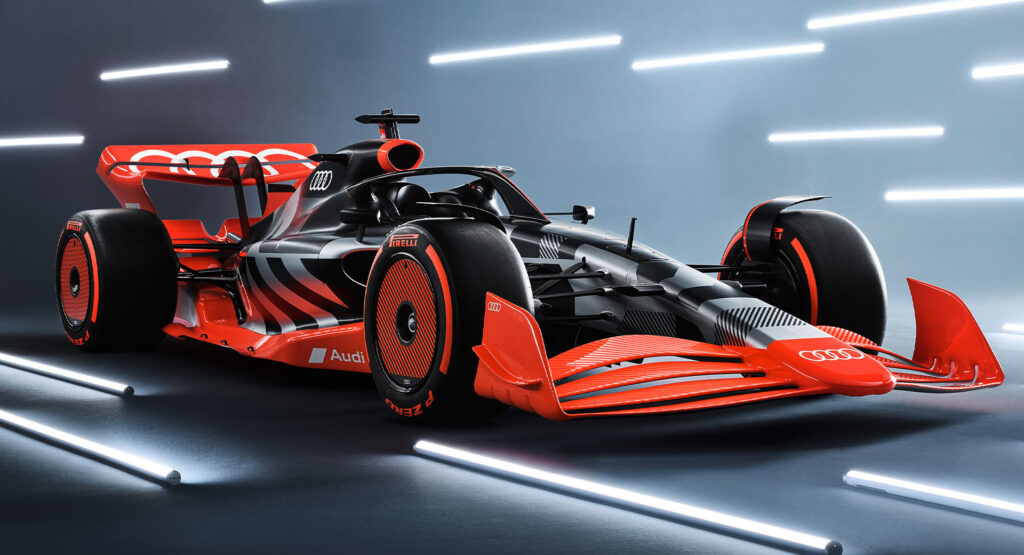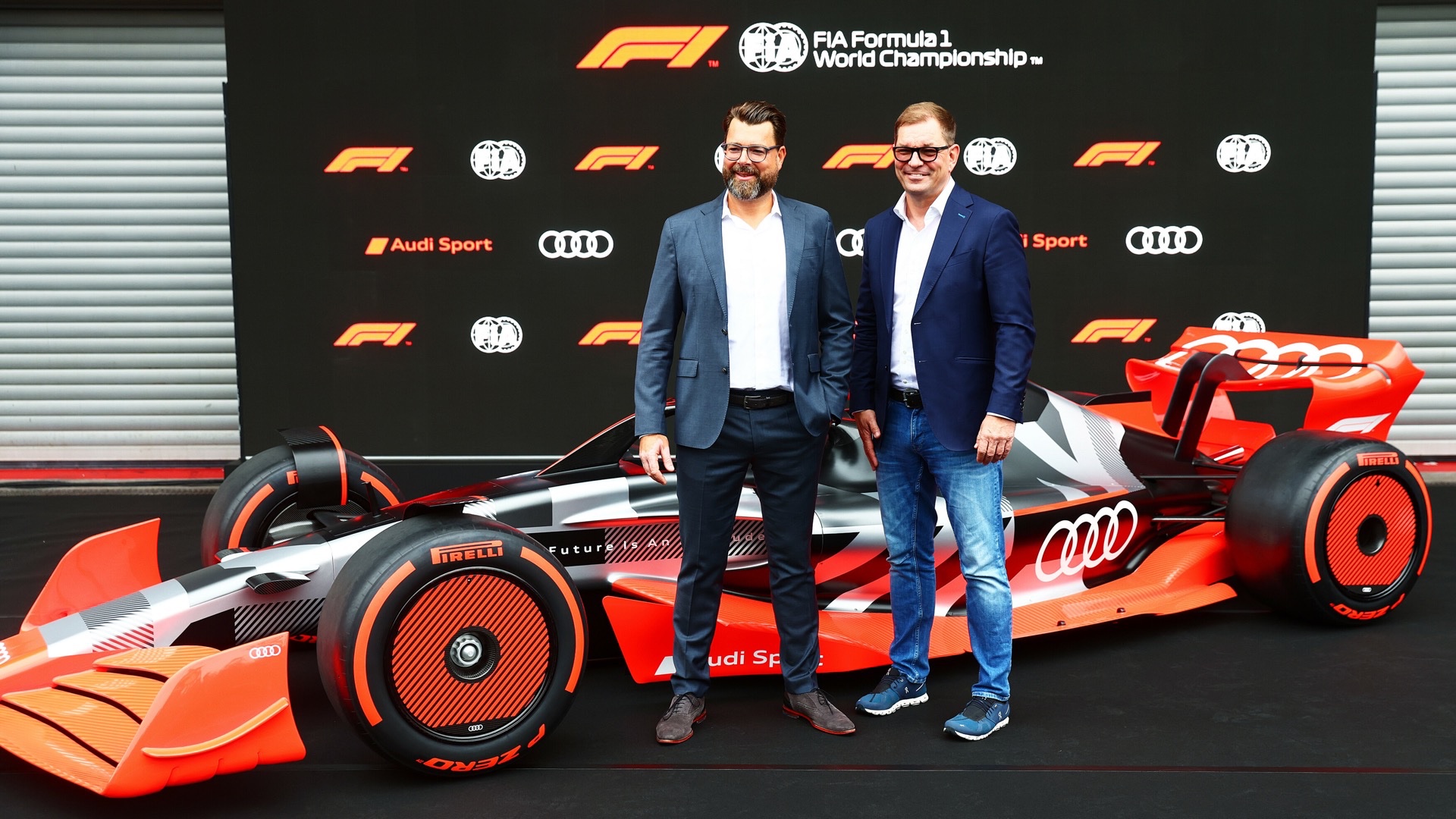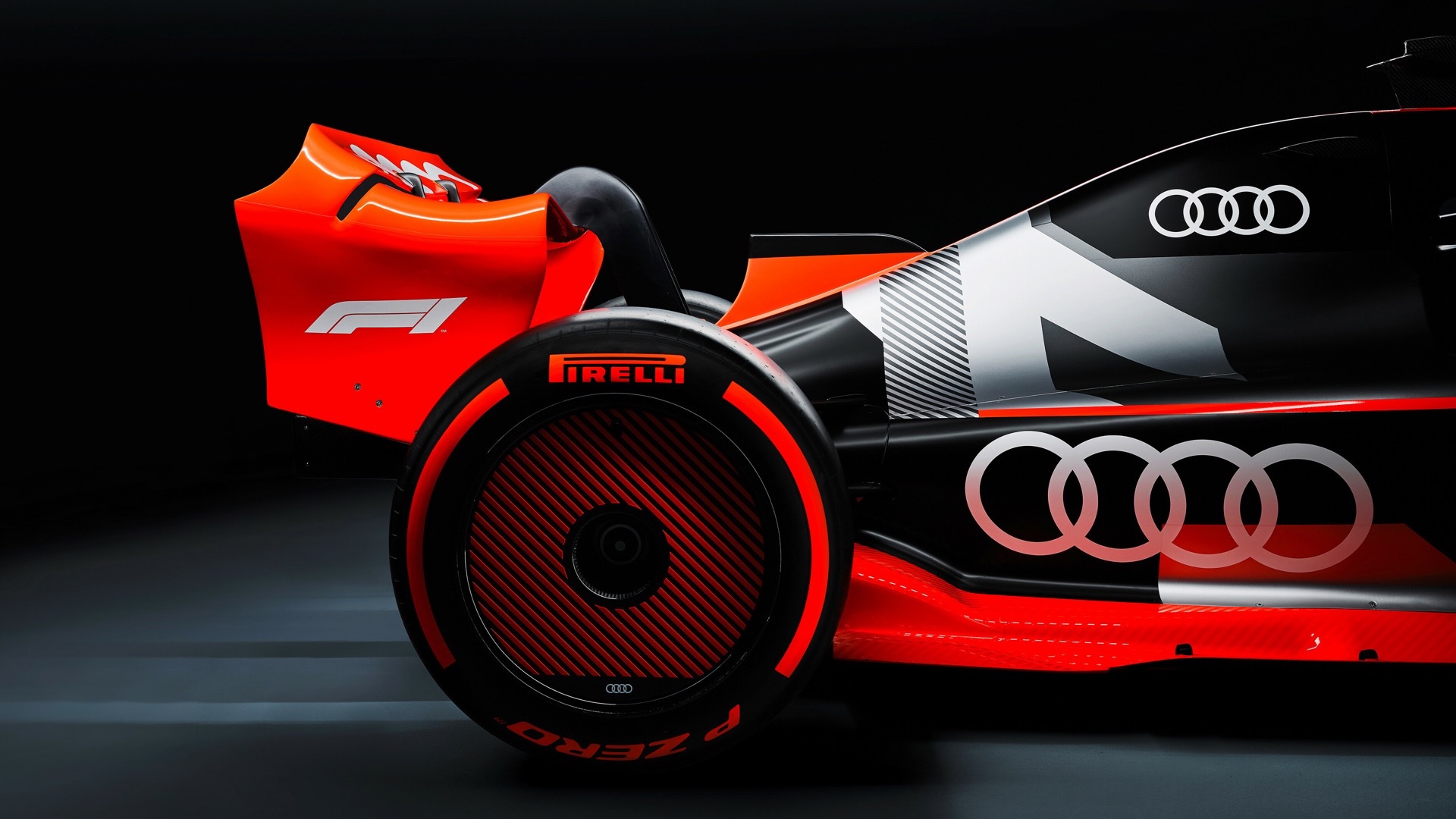After months of speculation, Audi and Sauber have officially announced that they will be partnering for the 2026 Formula 1 season. The news follows Audi’s confirmation in August that it would become a powertrain supplier for the sport.
Sauber will become Audi’s “strategic partner,” while the German automaker plans to acquire a stake in the Swiss motorsports team.
Admittedly, the writing had been on the wall for some time. Hinwil-based Sauber currently competes in Formula One as Alfa Romeo Racing, with the Italian brand providing title sponsorship. However, that arrangement will cease at the close of the 2023 season. For the 2024 and 2025 seasons, Sauber will likely revert to its own name, or find a new short-term title sponsor while continuing to utilize Ferrari power units.
Audi’s Works Team
From 2026, Audi will provide the powertrains as it becomes the latest manufacturer to run a fully-fledged works team in the sport. Chassis development and manufacture will remain in Switzerland with Sauber, as will the running of the race operations.
The power unit will be developed in-house by Audi at Neuburg, Germany, where the company is already adding to the personnel, buildings, and technical infrastructure. Over 120 members are already working on engine development, while the first tests with a development car are scheduled for 2025.
More: Audi Sport Shows F1 Livery Ahead Of 2026 Entry, Announces Hybrid Powertrain Development
“We are delighted to have gained such an experienced and competent partner for our ambitious Formula 1 project,” said Oliver Hoffmann, Audi AG Board Member responsible for the F1 program. “We already know the Sauber Group with its state-of-the-art facility and experienced team from previous collaborations and are convinced that together we will form a strong team.”
Why It Made Sense Now
The Volkswagen Group has played the long game with Formula 1. An entry had been rumored for many years and, according to reports, had come close many times in the past.
According to Audi, the sport’s push toward sustainability played a large part on the brand’s decision. Audi’s entry will coincide with the sport’s new engine regulations, which increase efficiency.
In addition to a larger electric-drive contribution of the new powertrains, the turbocharged 1.6-liter engines will be run on sustainable synthetic fuel that is CO2-neutral (according to EU standards). The entire series aims to be carbon neutral by 2030.






